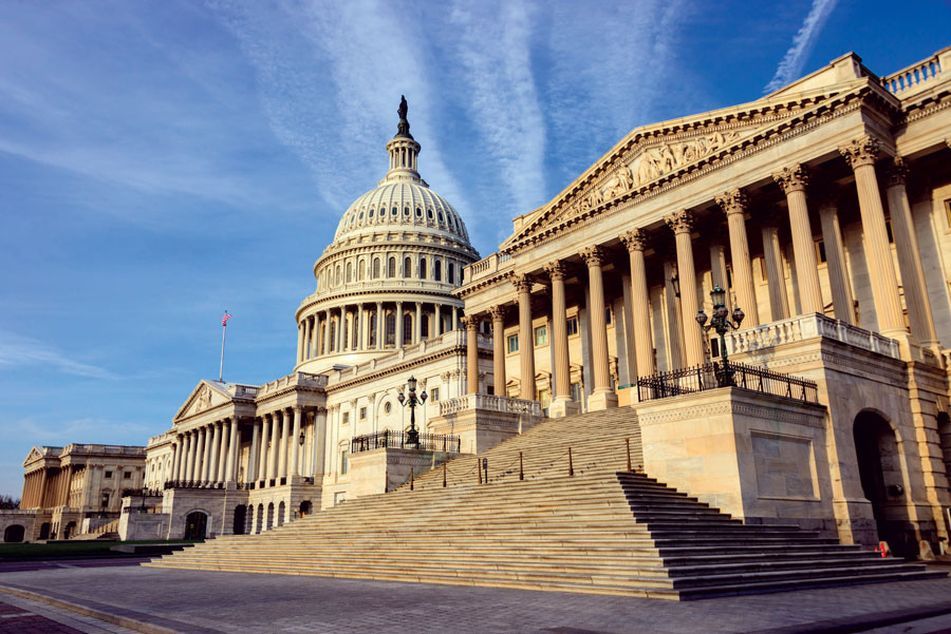Catch-up contributions being weighed in Congress

A recent bill proposes tripling 401(k) and IRA limits this year
A congressman is floating a proposal that would funnel more assets into tax-deferred retirement accounts – by tripling the contribution limits for the rest of this year.
That bill, the Securing Additional Value for Every Retirement Saver Act, or Savers Act, likely has little chance of passing on its own. But the idea highlights how much legislators are focusing on the topic of retirement savings, and it hints at temporary changes to catch-up contributions that Congress will almost certainly consider in the next year or two, lawyers say.
Rep. Patrick McHenry, R-N.C., introduced the bill in the House April 21, and it has since been sent to committee. The legislation would increase the annual contribution limits for 401(k)s and other retirement accounts to “300% of the amount” currently or “an amount equal to the employee’s compensation,” whichever is less.
The current limit for 401(k) contributions is $19,500, and the catch-up limit for people 50 and over is $6,500. Applying the increase outlined in McHenry’s bill, the 2020 limit for people under 50 would be $58,500.
The bill would also triple the contribution limit for individual retirement accounts, which is currently $6,000, or $7,000 for those over 50.
Website GovTrack gives the bill a 5% chance of being enacted, citing odds from Skopos Labs.
“It is hard to see this getting much traction politically this year given the pandemic,” Stephen Saxon, principal at Groom Law Group, said in an email. “However, some folks are pushing for increased catch-up contributions. This is not that different.”
The impetus behind that is the expanded access people have to their retirement plan assets under the CARES Act, said Fred Reish, partner at Faegre Drinker Biddle & Reath. Because assets will be flowing out of those accounts as a result of COVID-19 distributions and loans, some members of Congress are already thinking of ways to let people quickly put money back into their 401(k)s, he noted.
“We’re seeing 401(k) plans become more than just retirement plans, [although] they have been for a long time – there’s always been participants loans and hardship withdrawals,” Reish said. “It seems like 401(k) plans are being converted into a combination of retirement savings and emergency savings.”
The COVID-19 eligible distributions are not totally new. For example, in 2005, the government expanded early access to 401(k) assets for people affected by Hurricane Katrina, Reish noted.
The CARES Act does allow account owners to replenish early distributions and pay back loans, but Congress is looking for ways to boost catch-up contributions, he said.
That could help some savers – but much like the suspension in required minimum distributions, it will disproportionally benefit more affluent account owners, he said.
“For rank-and-file employees … my sense is [that] they’re not up against the percentage or dollar limits of 401(k) plans,” Reish said.
And regarding the CARES Act provision providing relief from required minimum distributions, “The reality is most people will have to take [the RMD] … That was a nice gesture, but I don’t think it helped people who needed the most help,” he said.
The COVID-19 crisis should also be prompting a wide discussion about workplace benefits, especially health care coverage, he said. “This is in the common good. We don’t want people running around getting sick for a lack of coverage.”
And the lack of retirement security and short-term savings could further be addressed by the private sector, Reish said. “In the retirement plan area, I might almost look more for product and service solutions than legislative solutions.”
Learn more about reprints and licensing for this article.








